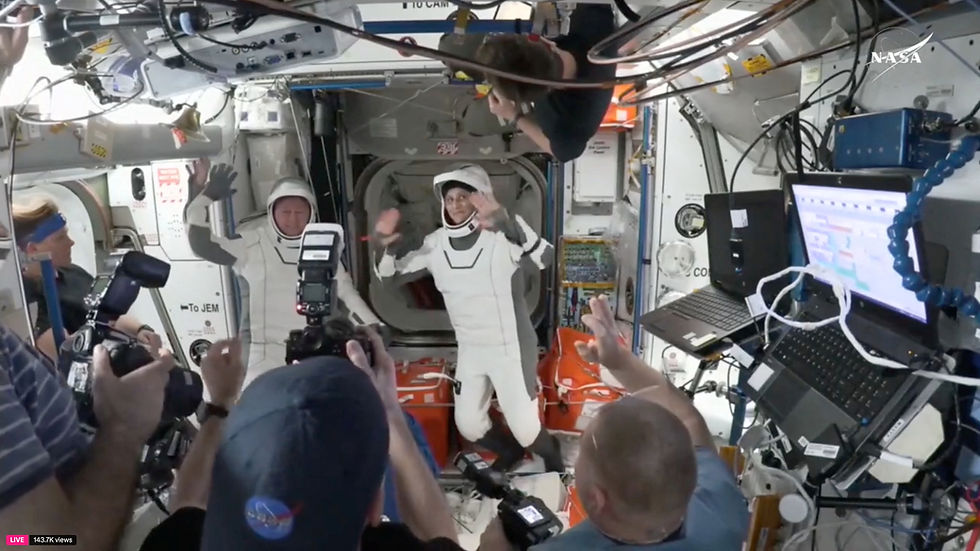What is WikiLeaks and why did it get Julian Assange in so much trouble?
- News Agency
- Jun 26, 2024
- 3 min read

Julian Assange, founder of whistleblower media group WikiLeaks, is due to strike a plea bargain this week that would free him from jail and allow him to return home to Australia after a 14-year-long legal saga.
WHAT IS WIKILEAKS?
On its website, WikiLeaks says it is a multinational media organisation that specialises in analysing and publishing databases of censored or otherwise restricted materials involving wars, spying and corruption.
It was founded by Assange in 2006 and lists several international media organisations among its co-publishers, research partners and funders. It also says that it is a not-for-profit organisation that is funded through public donations.
"WikiLeaks is a giant library of the world's most persecuted documents," Assange said of the organisation in an interview with German newspaper Der Spiegel in 2015. "We give asylum to these documents, we analyse them, we promote them and we obtain more."
The most controversial leaks by WikiLeaks featured classified U.S. military documents and videos from the war it waged in Iraq and Afghanistan in the early to mid 2000s that it said highlighted issues such as abuse of prisoners in U.S. custody, human rights violations and civilian deaths.
U.S. authorities said the leaks were reckless, damaged national security, and endangered the lives of agents. Assange's many supporters said the site upheld free speech and attempts to prosecute him were an assault on journalism.
WHAT DID WIKILEAKS PUBLISH THAT CAUSED SUCH A STIR?
In April 2010, WikiLeaks released a video showing a 2007 U.S. helicopter attack that killed a dozen people in Baghdad, including two Reuters news staff. In June, a U.S. military specialist named Bradley Manning was arrested for releasing the classified video.
Three months later, WikiLeaks released more than 91,000 documents, most of which were secret U.S. military reports about the war in Afghanistan. That was followed in October by the release of some 400,000 classified U.S. military files chronicling the Iraq war from 2004 to 2009.
The releases were the largest leak of their kind in U.S. military history.
Later that same year, WikiLeaks released thousands of U.S. diplomatic cables that included candid views of foreign leaders and blunt assessments of security threats. These included cables from the former king of Saudi Arabia, Abdullah, repeatedly urging the United States to attack Iran's nuclear program and others about China directing cyberattacks on the United States.
In the meantime, Assange was fighting against an order by a Swedish court to detain him as a result of an investigation into allegations of rape, sexual molestation and unlawful coercion. He was arrested in December 2010 in Britain on a European warrant. Assange denied the allegations and said from the outset that it was a pretext to extradite him to the United States to face charges over the WikiLeaks releases.
In 2011, WikiLeaks released thousands of previously unpublished U.S. diplomatic cables from its cache of more than 250,000 State Department reports.
WAS WIKILEAKS THE ONLY ONLINE ACTIVIST?
No. A loose grouping of cyber activists supporting WikiLeaks launched a spate of online attacks on organisations seen as hostile to the site, and then after Assange's arrest in 2010, they started spreading the leaked documents far and wide online.
Another group of internet activists operating under the name "Anonymous" temporarily brought down websites of credit card giants MasterCard and Visa after they had stopped processing donations to WikiLeaks.
Today, the site says it accepts donations in crytocurrencies, including bitcoin.
Source: Reuters









.png)








Comments